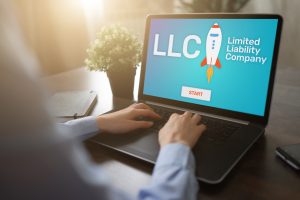 You might be surprised to learn that an ownership interest in an LLC can be governed by securities law. There are certain circumstances in which an ownership interest is a security subject to federal and state securities laws. Even if an exception applies, you still might be required to file an exemption notice with the government. Be sure to consult with a Silicon Valley business lawyer about which securities regulations apply before buying or selling any ownership interest in an LLC.
You might be surprised to learn that an ownership interest in an LLC can be governed by securities law. There are certain circumstances in which an ownership interest is a security subject to federal and state securities laws. Even if an exception applies, you still might be required to file an exemption notice with the government. Be sure to consult with a Silicon Valley business lawyer about which securities regulations apply before buying or selling any ownership interest in an LLC.
What is a Security?
A security is a negotiable financial interest with monetary value. Equity securities represent an ownership interest in a business entity (whether it is a corporation, partnership, trust, or LLC). Debt securities are financial instruments that represent money owed, along with repayment terms such as interest and due dates. A debt security can be either secured by collateral or unsecured. If it is secured, it may be subject to various securities regulations.
 Business Lawyers Blog
Business Lawyers Blog


